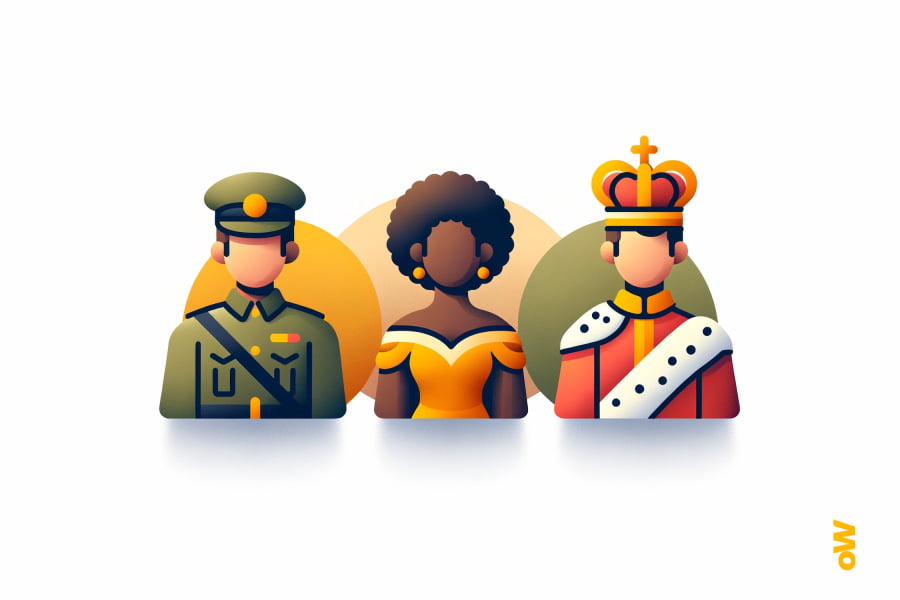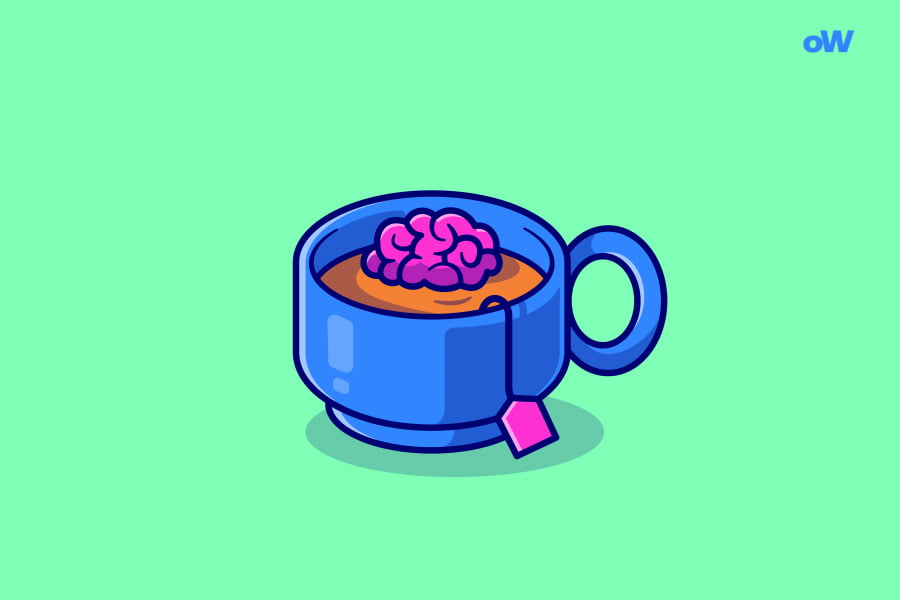Quiz: Are You Book Smart or Street Smart?
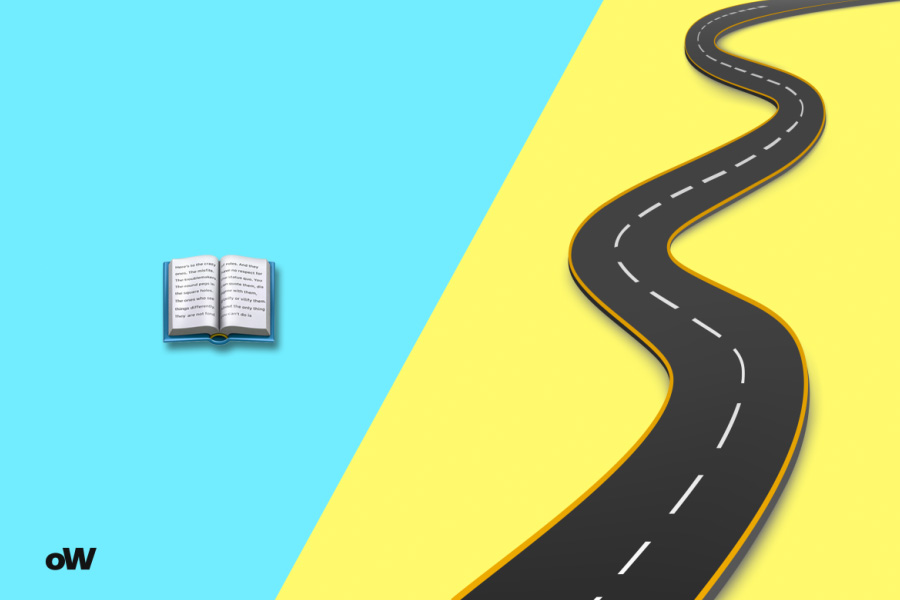
We all strive to be smart, but what does that really mean? In a world that values both academic knowledge and practical wit, understanding your type of intelligence becomes the key to success. Our quiz “Are You Book Smart or Street Smart?” will help reveal your strengths and point the way to harmonious development. Immerse yourself in a fascinating journey through the labyrinths of the human mind, where theory meets practice and knowledge is tested by real life!
Imagine: you find yourself in an unfamiliar city without a smartphone or map. How will you find your way? Will you analyze the architecture and navigate by the sun, or will you trust your intuition and ask locals for directions? Answers to such questions reveal much more than appears at first glance. They lift the veil on how your brain works, what strategies you prefer, and where your natural talents lie.
What Does It Mean to Be Smart?
Intelligence is a multifaceted and complex concept. For a long time, IQ was considered the only indicator of mental abilities, but modern science paints a more complex picture. According to Howard Gardner’s theory of multiple intelligences, there are at least eight different types of intelligence: linguistic, logical-mathematical, spatial, musical, bodily-kinesthetic, interpersonal, intrapersonal, and naturalistic.
In everyday life, we often divide intelligence into two broad categories: “book smarts” and “street smarts.” This dichotomy, though simplified, reflects a real difference in approaches to solving life’s challenges.
What Does It Mean to Be “Book Smart”?
“Book smarts” refers to academic, theoretical intelligence. People with developed book intelligence usually demonstrate the following qualities:
- Excellent memory for facts, dates, names, and formulas
- Ability for abstract thinking and complex theoretical constructs
- Tendency to systematize information and perform logical analysis
- High results in standardized tests and academic disciplines
- Ability to work with large volumes of information
Such people excel in academic environments, scientific research, engineering, and other fields requiring deep theoretical knowledge. They feel comfortable in the world of ideas, concepts, and information.
Albert Einstein, despite legends about his school failures, is a prime example of book intelligence at its highest manifestation – the ability to operate with abstract concepts and create revolutionary theories.
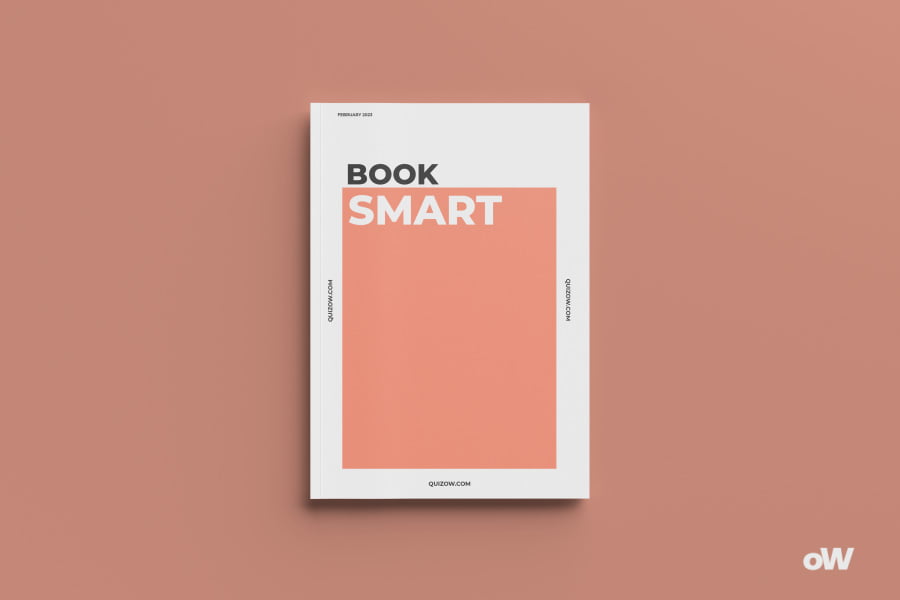
What Does It Mean to Be “Street Smart”?
“Street smarts” refers to practical, social intelligence that helps navigate the real world. It includes:
- High emotional intelligence and the ability to “read” people
- Practical ingenuity and resourcefulness in non-standard situations
- Adaptability and flexibility of thinking
- Intuitive understanding of social norms and non-verbal signals
- Ability to negotiate and persuade
People with developed street intelligence often become successful entrepreneurs, politicians, salespeople, or leaders. They masterfully navigate social jungles and find practical solutions to everyday problems.
Steve Jobs, who did not have a completed higher education but created one of the most successful companies in history, demonstrates the power of street intelligence – the ability to understand people, see opportunities, and turn ideas into reality.
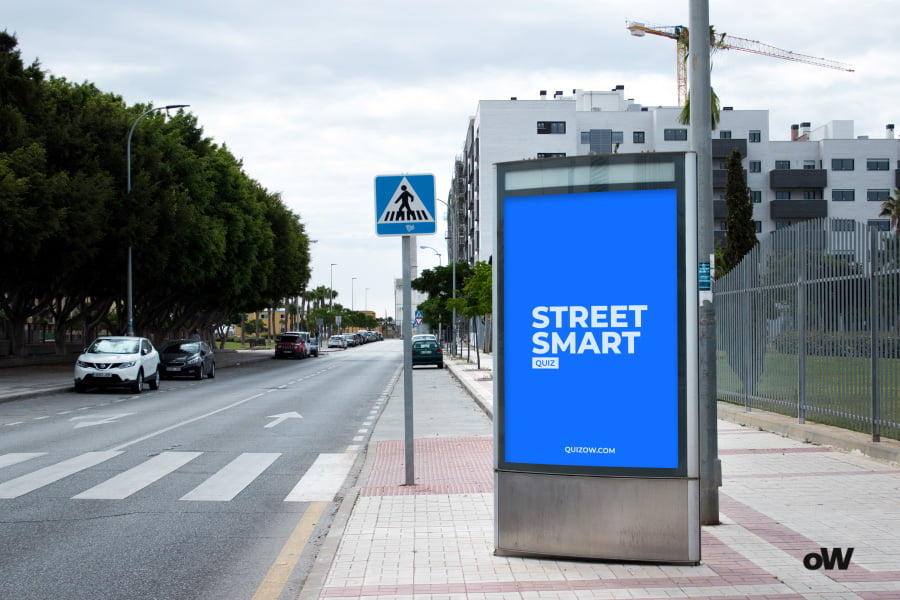
What Will You Learn From the Quiz Results?
Our quiz was developed by psychologists and experts in cognitive science to determine your dominant type of intelligence and the degree of balance between them. After completing the test, you will receive:
- Detailed analysis of the ratio of book and street intelligence in your thinking
- Understanding of your strengths and potential areas for growth
- Recommendations for career directions that match your type of thinking
- Insights into how you make decisions and solve problems
- Personalized advice on developing your less dominant type of intelligence
It’s important to understand that neither type of intelligence is superior to the other – they’re simply different. In today’s world, success often comes to those who can harmoniously combine both approaches: analyzing information and effectively acting in real conditions.
How to Develop Both Types of Intelligence?
The good news: both types of intelligence can be developed throughout life thanks to the neuroplasticity of our brain. Here are several effective strategies:
For developing book intelligence:
- Regularly read scientific and educational literature
- Learn new languages or complex skills (programming, chess)
- Solve logical problems and puzzles
- Keep a journal analyzing what you’ve read and learned
- Take online courses in disciplines that interest you
For developing street intelligence:
- Step out of your comfort zone and travel
- Practice active listening and people-watching
- Participate in team sports or volunteer activities
- Develop emotional intelligence through meditation and reflection
- Try new activities and hobbies
Neurobiological research shows that different types of activities stimulate different areas of the brain. For example, reading analytical articles activates the prefrontal cortex, responsible for logical thinking, while social interactions stimulate the limbic system, associated with emotional intelligence.
The most successful people of our time – from Elon Musk to Oprah Winfrey – demonstrate a unique combination of both types of intelligence. They are capable of both immersing themselves in technical details and abstract concepts, as well as masterfully interacting with people and intuitively sensing market trends.
Ready to discover what kind of intelligence you possess? Take our quiz right now and open new horizons of self-knowledge. Remember: true wisdom lies in the harmonious combination of theory and practice, knowledge and experience, book smarts and street smarts.
Disclaimer 📢
This quiz is designed for entertainment purposes only. The results are not scientifically validated and do not constitute professional advice or assessment. The quiz results are meant to be fun and should not be used as a basis for any life decisions or as a substitute for professional consultation. If you need personalized guidance, please consult with appropriate qualified professionals.
Questions Overview
- Trial and error, figuring it out as I go
- Researching and gathering information before making a decision
- Collaborating with others to find a solution
- Hitting up local bars and clubs
- Attending a cultural event or visiting a museum
- Having a game night with friends
- Ask for directions from a stranger
- Use your phone's GPS to navigate
- Trust your instincts and try to find your way
- Through hands-on experience
- Through reading or watching instructional material
- Through a combination of both
- Street smarts
- Book smarts
- Both are equally important
- I'm willing to take risks if the potential reward is worth it
- I prefer to avoid risky situations altogether
- It depends on the situation
- I take a break and try to relax
- I make a plan and take action to alleviate the stress
- I seek support from friends or family
- Entrepreneur
- Doctor
- Lawyer
- I tend to go with the flow and take things as they come
- I plan my schedule meticulously
- I have a general routine but can be flexible
- Action or comedy
- Drama or documentary
- I like a mix of different genres
- I try to resolve it by talking things out
- I research and analyze the situation before taking action
- I try to find a compromise that works for everyone
- I tend to make decisions quickly and go with my gut
- I take my time and weigh all the options before deciding
- It depends on the decision
- Backpacking or road-tripping
- Luxury vacations with planned itineraries
- A mix of both
- I watch or listen to the news regularly
- I stay informed through social media and online news sources
- I don't really follow the news
- I'm outgoing and enjoy meeting new people in social settings
- I prefer to get to know people through shared interests and hobbies
- I like a mix of both





